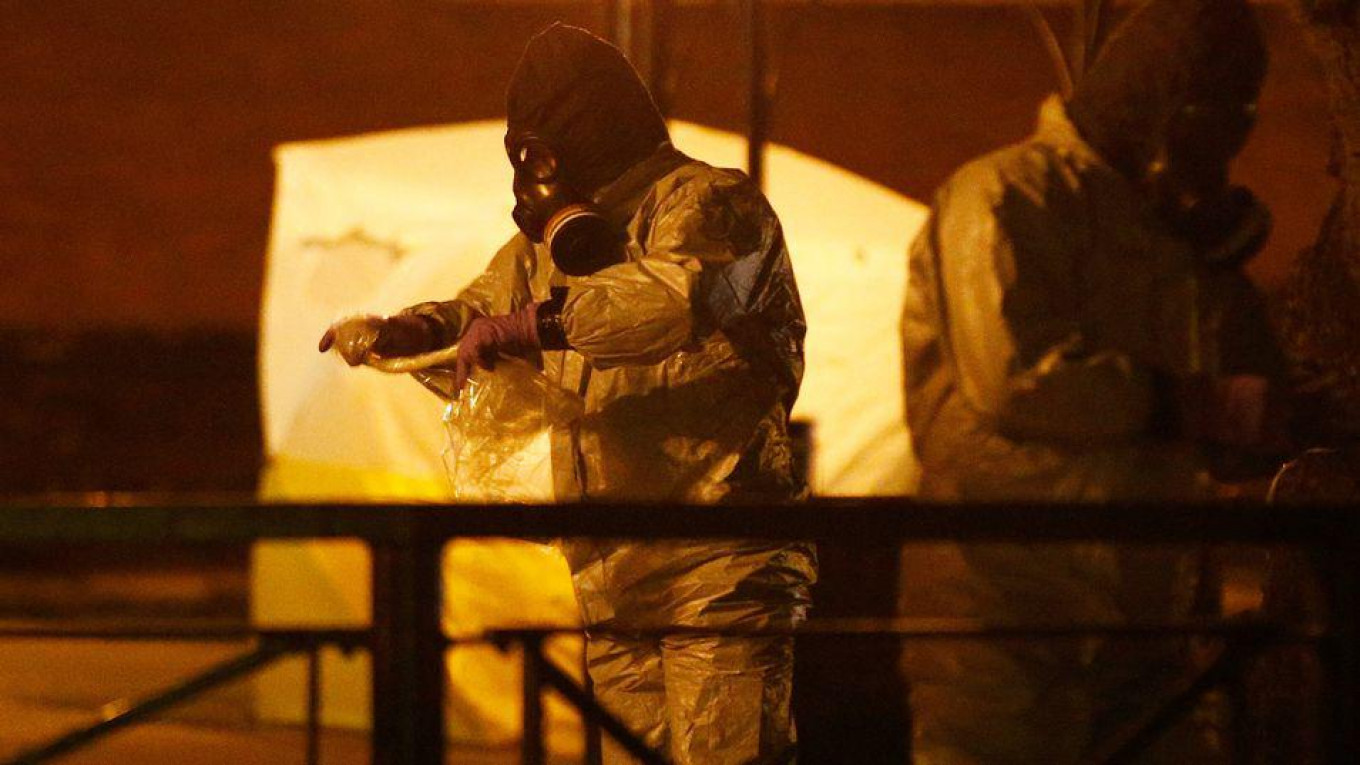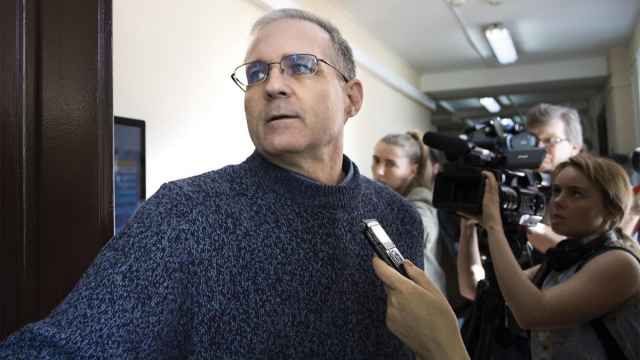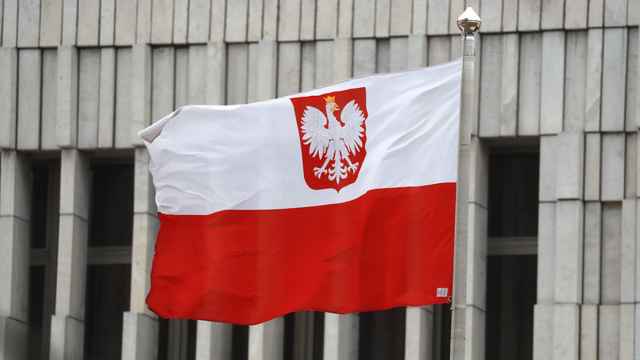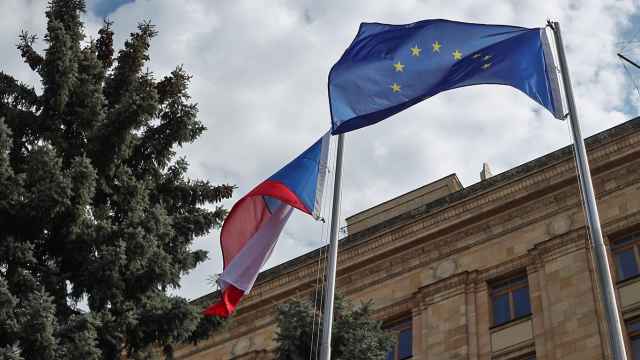A Soviet-era scientist claims to have sold a deadly nerve agent in the 1990s that Britain says poisoned an ex-spy and his daughter, classified documents obtained by a Russian investigative outlet have revealed.
Britain blames Russia for the March 4 poisoning of former double agent Sergei Skripal and his daughter Yulia in Salisbury with a Novichok-class nerve agent, a claim that Moscow denies. Leonid Rink, a chemist who served time for supplying a military-grade poison that was used to murder a Russian banker and his secretary in 1995, has made headlines this week for acknowledging that he had helped create the nerve agent.
"Yes, I understood these people planned to use the substance against people," Rink said in a classified 2000 testimony published by the Novaya Gazeta investigative newspaper on Thursday.
Top-secret case materials into the 1995 poisoning of Russian banking magnate Ivan Kivelidi and his assistant say the investigation “has established that Rink sold [the substance] to Chechens in Moscow.”
The classified materials say that Rink sold the poisonous substance to the Chechen criminal groups a month after Kivelidi had been murdered.
Rink handed over hundreds of deadly doses of the poison that was used in the 1995 murder in an ampoule hidden inside a pen presentation box at a train station in central Moscow, according to his statement that the Reuters news agency reported on last week.
Rink said he was paid up to $1,800 for the sale, according to Novaya Gazeta.
A top-secret chemical research facility in the Russian town of Shikhany continued the development of a Novichok-type substance until 1994, the interrogation file cites an unnamed chemist who was present at Rink’s testimony as saying.
On Thursday, a London court granted permission for blood samples to be taken from the Skripals for examination by chemical weapons inspectors in the ongoing investigation.
A Message from The Moscow Times:
Dear readers,
We are facing unprecedented challenges. Russia's Prosecutor General's Office has designated The Moscow Times as an "undesirable" organization, criminalizing our work and putting our staff at risk of prosecution. This follows our earlier unjust labeling as a "foreign agent."
These actions are direct attempts to silence independent journalism in Russia. The authorities claim our work "discredits the decisions of the Russian leadership." We see things differently: we strive to provide accurate, unbiased reporting on Russia.
We, the journalists of The Moscow Times, refuse to be silenced. But to continue our work, we need your help.
Your support, no matter how small, makes a world of difference. If you can, please support us monthly starting from just $2. It's quick to set up, and every contribution makes a significant impact.
By supporting The Moscow Times, you're defending open, independent journalism in the face of repression. Thank you for standing with us.
Remind me later.






